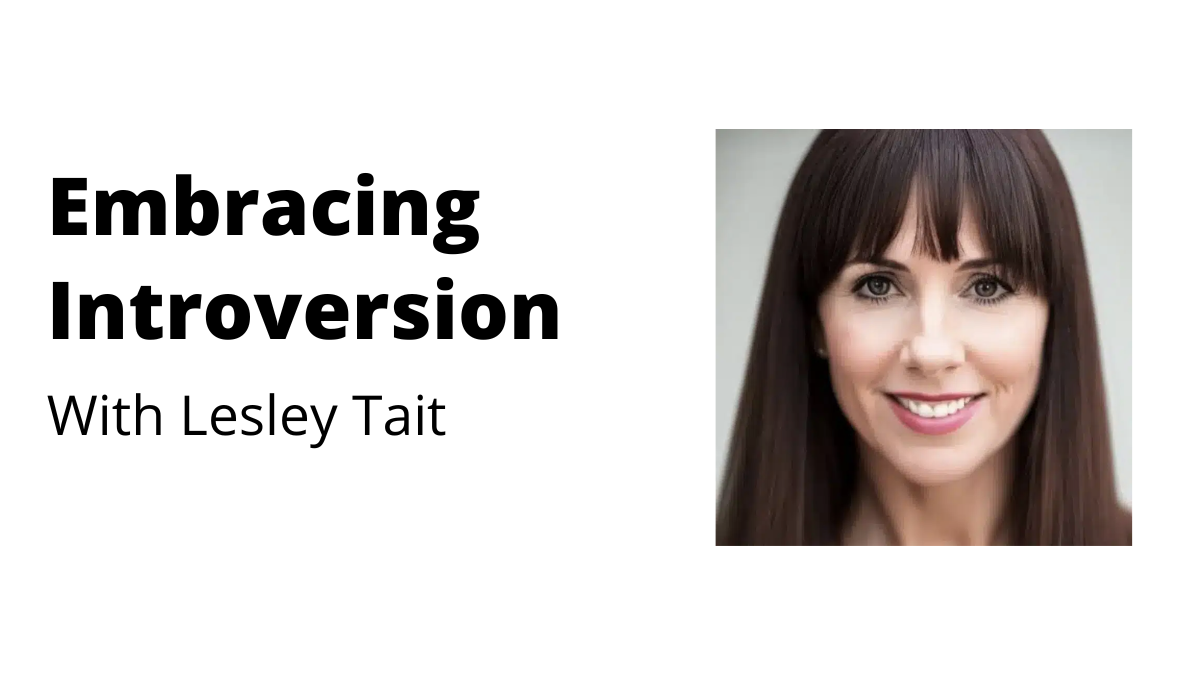Embracing Introversion: The Power of Diversity in Tech

 In the rapidly evolving tech industry, one of the biggest challenges we face is growing talent. Enter diversity and inclusion. There’s no doubt that this is paramount for fostering innovation, driving creativity, and achieving sustainable success.
In the rapidly evolving tech industry, one of the biggest challenges we face is growing talent. Enter diversity and inclusion. There’s no doubt that this is paramount for fostering innovation, driving creativity, and achieving sustainable success.
But as we strive to create workplaces that empower individuals from all walks of life, perhaps there’s one significant group of people that crucially we need to recognise and embrace: the introvert. In other words, people like me.
Defining Introversion
The key distinction to grasp between introverts and their opposite, extroverts, lies in the source of our energy, highlighting how we replenish and recharge ourselves.
Introversion, at its core, is a personality trait characterised by a preference for quiet, minimally stimulating environments. Time in solitude is where we get our energy. But sadly, that need for quiet recharging is often misunderstood as being anti-social, disengaged or just plain weird.
Dispelling Myths
Contrary to popular belief, shyness, social anxiety or lack of confidence aren’t the same thing as introversion. We’re not anti-social or incapable of engaging in social interactions and we don’t dislike people or social events. We simply approach socialising differently.
In my experience, introverts like me find large social interactions to be exhausting and prefer to spend time in small groups or with close friends and family. I tend to relish the opportunity to have deep, meaningful conversations rather than engage in superficial chit-chat. This reflects many other fellow introverts I know.
What’s important to take away here is that introversion is not a weakness. We possess a wealth of talents and capabilities that are vital for any successful team.
Harnessing the Strengths of Introverts
Introverts bring a plethora of strengths to the table. For example, one of the skills I often observe in people like me is the ability to concentrate deeply for long periods of time and engage in thoughtful analysis. Research has shown that there is a physiological basis for these strengths. Introverts have been observed in studies to have more activity in the frontal lobe regions of the brain, which is where analysis and rational thought take place.
The Importance of Understanding Introversion
Western culture has an extroversion bias. We’re expected to conform to the idea of being bold, gregarious and comfortable in the spotlight. And if we don’t feel comfortable behaving that way, we’re often overshadowed and overlooked. Particularly when it comes to career opportunities. Employers often value outgoing, charismatic candidates who can make a strong impression during an interview.
Commonly, introverted candidates are viewed as less confident or less capable, even if they have the skills and experience needed for the job. This can make us feel self-doubt, making it even harder for us to put ourselves out there. But when introverted employees feel understood and appreciated, they are more likely to excel, leading to enhanced productivity, innovation and overall team performance.
So how do we create an environment that’s friendly to both introverts and extroverts?
Creating an Inclusive Environment
Here are 5 easily adopted strategies that can help introverts like me, and everyone else, thrive at work:
1. Respect work communication boundaries and preferences: It can take a person up to 23 minutes to regain focus after they’ve been interrupted. Don’t expect people to answer every email or DM immediately. Some people prefer written communication over the spoken word; encourage your people to decide how they want to communicate wherever reasonably possible.2. Enable people to prepare their meeting contributions in advance: Research shows if you let people generate ideas by themselves before sharing them in a group, you’ll improve creativity, and this supports people who do their best work in quiet settings.
3. Privacy: Offer flexible workspaces that provide silence and privacy, as well as interactive open space.
4. Get comfy with silence: Quiet pauses in conversations enable folks to consider their thoughts quietly before giving their response. Empower your colleagues by holding comfortable conversational space for them.
5. Inclusive professional development: Offer professional development, mentoring, and training to help people identify and leverage their gifts (especially ones associated with introversion!), as well as developing skills that are traditionally associated with extraversion, like public speaking, networking, and presentation skills.
By embracing introversion we can foster inclusivity and embark on a path of innovation and success that is truly representative of the rich diversity within the tech community.
Lesley Tait is an ICF-accredited Personal Performance Coach specialising in helping female introverts in tech advance their careers.

Website: https://hersupremeself.com/.
LinkedIn: linkedin.com/in/lesleytaitcoaching/.
Learn more about introverts in the workplace, on the blog: https://medium.com/introverts-in-the-workplace.